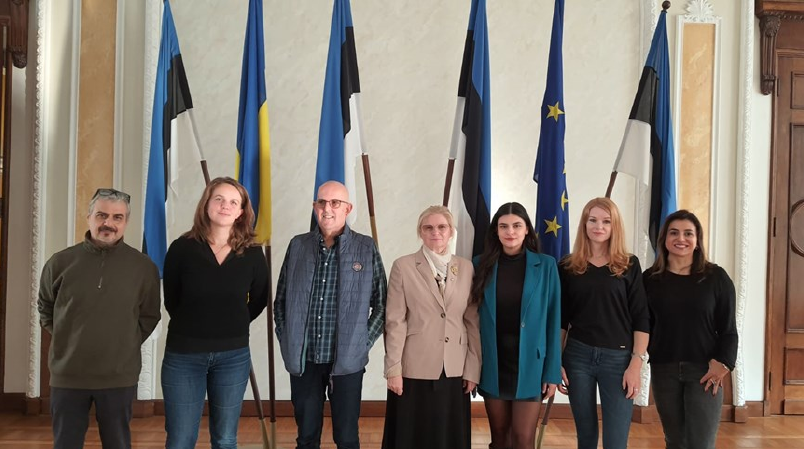On September 24th and 25th, partners involved in the Kleos project convened in Estonia’s capital to exchange best practices related to the prevention of human trafficking. The meeting provided an opportunity to discuss the project’s progress and examine the various dimensions of this issue across member countries.
At the Ministry of Justice, participants engaged in discussions with the anti-trafficking and anti-violence advisor regarding the current situation in Estonia. It was recognized that trafficking networks frequently move victims across Europe, making tracking efforts challenging. Victims may remain in one country for approximately six months before being compelled to relocate. Additionally, there is a concerning trend of organized crime increasingly targeting minors, who are more vulnerable and often face fewer legal repercussions.
A workshop was held at Ellulin’s office to discuss the new EU directive 2024/1712. Presentations highlighted the relationship between demand and human exploitation, emphasizing strategies to reduce or control this demand to prevent human trafficking. New measures were proposed during these discussions.
Further lectures focused on the critical role of cultural mediators in facilitating more effective and gradual adaptation for victims. Finally, a meeting with the Social Affairs Committee in Parliament provided an overview of the situation in Estonia concerning efforts to combat human trafficking, including an analysis of the profiles of victims of labor and sexual exploitation in the country.




